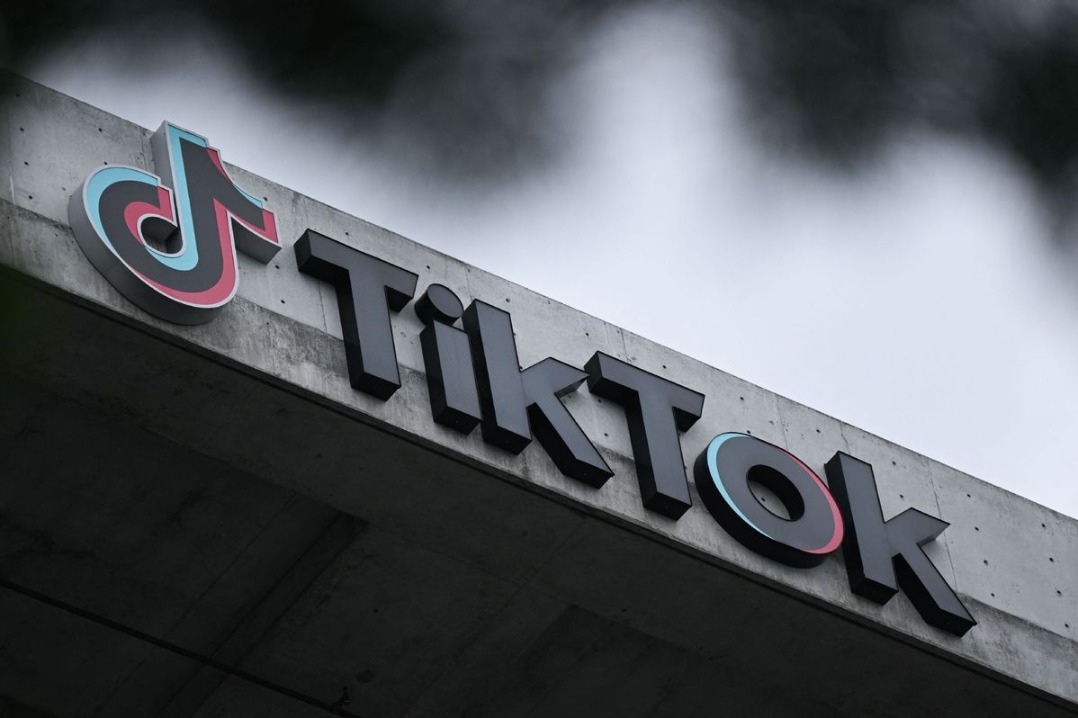UK water companies 'must do more to help bill payers'


Water companies in England and Wales have been urged to offer more help to vulnerable customers and bill payers ahead of the latest round of price increases, due to be announced this week.
For the last few years, privatized water companies in England and Wales have provoked public anger because of increased incidents of sewage dumping into waterways, causing environmental and health issues, at the same time as they have continued to make dividend payouts to shareholders and call for ever-greater prices rises.
On Thursday, the water industry regulator Ofwat will announce how much bills will go up by during the next five years.
Consumer groups have expressed concern about the growth of water poverty, which is defined as people spending 3 percent or more of their disposable income on water, with increases becoming unmanageable for some people.
"There needs to be far greater ambition from some water companies in providing support to households who are not going to be able to afford these large bill rises," Mike Keil, chief executive of the Consumer Council for Water, told The Guardian newspaper. "Companies' existing plans fall short of meeting the commitment they previously made to end water poverty in England by 2030 and Ofwat should push them harder to deliver on this."
Currently, there are 11 regional companies in England and Wales that provide water and sewerage services, and an additional five water-only companies.
Although some of them do offer special rates for customers on low incomes, the fact that each company has a monopoly in its own region means that there is no competitive element, so prices can vary wildly from one water authority's region to another.
Thames Water is the largest water company, serving 16 million customers in London and the Thames Valley area.
According to the BBC, at the end of September 2024, it had debts of under 16 billion pounds ($20.2 billion) and in the previous six months, there had been a 40-percent increase in its water pollution incidents.
The company has asked Ofwat to allow it to put up bills by 59 percent during the next five years. At the same time, the company's chief executive, Chris Weston, who was appointed in January and collected a bonus of 195,000 pounds for his first three months, has defended payouts to executives of 770,000 pounds, saying it needs to offer "competitive packages" to attract the best workers.
Draft figures published by Ofwat ahead of the announcement envisage average bills rising by 21 percent during the next five years, although regional variations mean that, according to which company is the supplier, the cost of that could range from 94 pounds to 183 pounds.
According to figures from think tank the Institute for Public Policy Research, quoted by consumer charity Citizens Advice, this could push the number of households living in water poverty from the current estimate of 2.7 million to 3.4 million by 2029.































